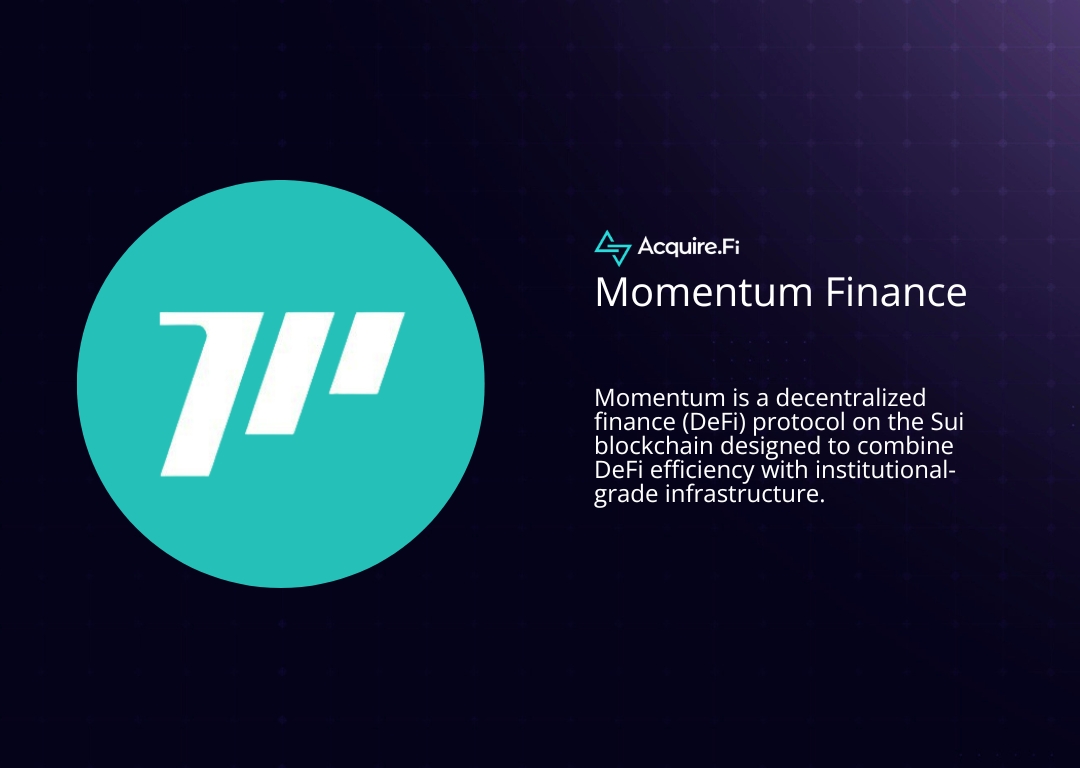How to Maximize Micro Cap Hedge Funds Returns
In the world of investing, there are a myriad of options available to individuals looking to maximize their returns. One of the most interesting and potentially lucrative options is micro cap hedge funds. These specialized investment vehicles focus on smaller, less well-known companies with market capitalizations below $300 million. Investing in micro cap hedge funds can be a great way to diversify your portfolio and enjoy strong returns, but it can also be risky. In this article, we'll explore everything you need to know about investing in micro cap hedge funds.
Understanding Micro Cap Hedge Funds
Before diving into the intricacies of micro cap hedge fund investing, it's important to understand what these funds are and how they work. Micro cap hedge funds, like other hedge funds, are private investment vehicles open only to accredited investors. They are managed by professional fund managers who use a variety of investment strategies to generate returns. However, unlike traditional hedge funds, micro cap hedge funds focus on smaller, less well-known companies with market capitalizations below $300 million.
Definition and Characteristics of Micro Cap Hedge Funds
Micro cap hedge funds are defined by their focus on companies with small market capitalizations. In general, these funds invest in companies with market caps of $300 million or less. This is in contrast to traditional hedge funds, which may invest in large-cap companies or even entire markets. Additionally, micro cap hedge funds often employ more aggressive investment strategies than their larger counterparts, as the smaller companies they invest in are often riskier. These strategies may include short selling, leverage, and concentrated positions.
Micro cap hedge funds are known for their unique characteristics. They offer investors the potential for high returns, but also come with a higher degree of risk. These funds often invest in companies that are not well-known, which means that they can be overlooked by larger investors. This can create inefficiencies in the market that can be exploited by skilled fund managers. Additionally, because these companies are often smaller and less established, they may have more room to grow than larger companies. This can lead to significant returns for investors who are able to identify the right companies to invest in.
The Appeal of Micro Cap Investing
So why invest in micro cap hedge funds? The main appeal is the potential for high returns. Smaller companies have more room to grow than large-cap companies, so micro cap hedge funds can potentially generate significant returns if they invest in the right companies. Additionally, because these companies are often overlooked by larger investors, there are often inefficiencies in the market that can be exploited by skilled fund managers.
Another benefit of investing in micro cap hedge funds is that they generally have lower correlation with the broader market. This means that they may be able to provide diversification benefits to a portfolio, which can help to reduce overall risk. Additionally, because these funds are managed by professional fund managers, investors can benefit from the expertise and experience of these individuals.
Risks and Challenges of Micro Cap Hedge Funds
Of course, as with any investment, there are risks associated with micro cap hedge funds. The smaller companies these funds invest in are often riskier than larger companies, and can be more susceptible to market fluctuations and economic downturns. Additionally, the lack of liquidity in the micro cap market can make it difficult for managers to sell positions when needed, which can result in losses. Finally, because micro cap hedge funds are often more aggressive in their investment strategies, they are generally more volatile than traditional hedge funds.
It's important for investors to carefully consider the risks and challenges associated with micro cap hedge funds before investing. It's also important to work with a qualified financial advisor who can help to identify the right funds and strategies to meet an investor's specific goals and risk tolerance.
Analyzing Micro Cap Hedge Fund Strategies
Micro cap hedge funds are investment vehicles that focus on investing in small companies with a market capitalization of less than $300 million. These funds aim to generate high returns by investing in companies that have the potential for significant growth. Now that we've discussed the basics of micro cap hedge funds, let's dive into the strategies commonly employed by these funds.
Long/Short Equity Strategy
Long/short equity is one of the most common strategies used by micro cap hedge funds. This strategy involves taking both long and short positions in companies, with the goal of generating returns regardless of the direction of the overall market. In this strategy, the manager will hold long positions in companies they believe will outperform the market, and short positions in companies they believe will underperform.
For example, a micro cap hedge fund may take a long position in a company that is developing a new technology that they believe will revolutionize the industry. At the same time, the fund may take a short position in a company that is facing legal or financial troubles. By doing so, the fund is able to generate returns from both the success of the long position and the failure of the short position.
Merger Arbitrage Strategy
Another common strategy used by micro cap hedge funds is merger arbitrage. This strategy involves investing in companies that are involved in mergers or acquisitions. The hope is that the companies will eventually merge or be acquired, resulting in a profit for the fund. This strategy is generally considered to be lower risk than other micro cap hedge fund strategies, as it is based on corporate events rather than market fluctuations.
For example, a micro cap hedge fund may invest in a company that is being acquired by a larger company. If the acquisition is successful, the fund will make a profit. However, if the acquisition falls through, the fund may lose money. Despite the potential risks, merger arbitrage is a popular strategy among micro cap hedge funds due to its potential for high returns.
Activist Investing Strategy
Activist investing is a strategy in which a fund takes an active role in the management or governance of a company they invest in. This may involve pushing for changes in management, advocating for the adoption of certain policies, or even attempting to take over the company. Activist investing is often used by micro cap hedge funds as a way to generate returns by improving the performance of the companies they invest in.
For example, a micro cap hedge fund may invest in a company that they believe is undervalued due to poor management. The fund may then take an active role in the company, pushing for changes in management and policies that they believe will improve the company's performance. If successful, the fund will make a profit from the increased value of the company.
Distressed Debt Strategy
Finally, distressed debt is a common strategy employed by micro cap hedge funds. This strategy involves investing in the debt of companies that are experiencing financial distress. If the company is able to turn around, the fund stands to make a profit. However, this strategy is also one of the riskiest, as distressed companies are often on the brink of collapse.
For example, a micro cap hedge fund may invest in the debt of a company that is facing bankruptcy. The hope is that the company will be able to restructure its debt and turn its operations around, resulting in a profit for the fund. However, if the company is unable to turn around, the fund may lose its investment.
Evaluating Micro Cap Hedge Fund Performance
Once you've decided to invest in a micro cap hedge fund, it's important to evaluate the performance of the fund and its managers. Here are a few key performance indicators to keep in mind.
Key Performance Indicators (KPIs)
Some important KPIs to consider when evaluating micro cap hedge fund performance include annualized return, standard deviation, Sharpe ratio, and maximum drawdown. These metrics can give you insight into the fund's risk-adjusted performance, volatility, and downside risk.
Benchmarking Against Industry Standards
It's also important to benchmark the fund's performance against industry standards. This can give you a better idea of how the fund is doing compared to its peers. Common benchmarks for micro cap hedge funds include the Russell Microcap Index and the HFRI Micro Cap Index.
Assessing Manager Skill and Track Record
Finally, you should assess the skill and track record of the fund's managers. Look for managers with a proven track record of generating strong returns, and make sure that the fund's investment strategy aligns with your investment goals and risk tolerance.
Diversifying Your Investment Portfolio with Micro Cap Hedge Funds
Assuming that you've decided to invest in a micro cap hedge fund, it's important to consider how this fits into your overall investment portfolio. Here are a few things to keep in mind.
The Role of Micro Cap Hedge Funds in a Diversified Portfolio
Micro cap hedge funds can be a great way to diversify your investment portfolio. Because these funds invest in smaller companies that are often overlooked by larger investors, they can provide exposure to a unique area of the market. Additionally, the potentially high returns associated with micro cap hedge funds can help to balance out other, lower-risk investments in your portfolio.
Balancing Risk and Reward
However, it's important to balance the potential rewards of micro cap hedge funds with the risks. These funds can be volatile and risky, so it's important to make sure that you're comfortable with the risks associated with investing in micro cap companies.
Correlation with Other Asset Classes
Finally, consider how micro cap hedge funds correlate with other asset classes in your portfolio. Because micro cap companies are often overlooked by larger investors, they may have lower correlation with larger markets. This can help to further diversify your portfolio and reduce overall risk.
Conclusion
Investing in micro cap hedge funds can be a great way to generate strong returns and diversify your investment portfolio. However, it's important to be aware of the risks associated with these funds and to carefully evaluate performance, manager skill, and the role of micro cap hedge funds in your overall portfolio. With careful consideration and a thorough understanding of these specialized investment vehicles, investing in micro cap hedge funds can be a powerful tool in maximizing your investment returns.
Aside from micro cap hedge funds, you may also check out the Acquire.Fi marketplace and Secondaries and OTC listings for more investment options.












.webp)